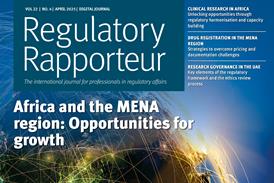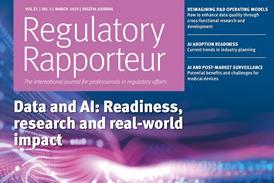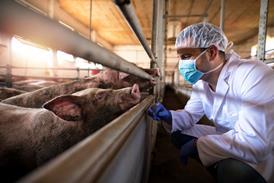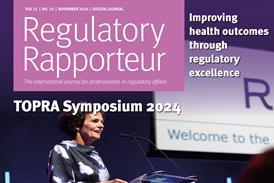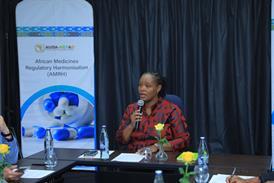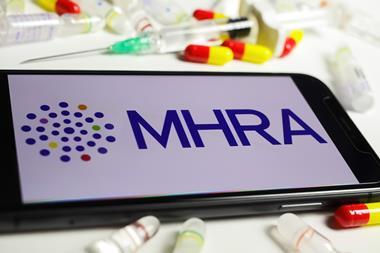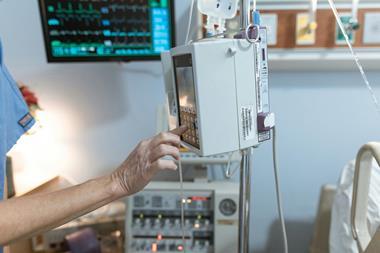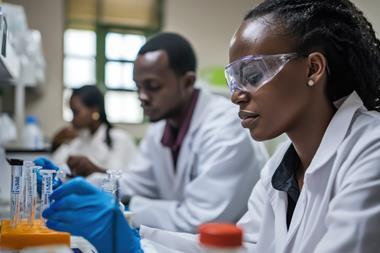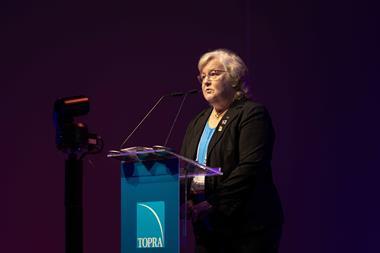A single dose of a CRISPR-Cas9 gene therapy has been shown to almost eliminate a rare genetic, inflammatory and potentially life-threatening condition.
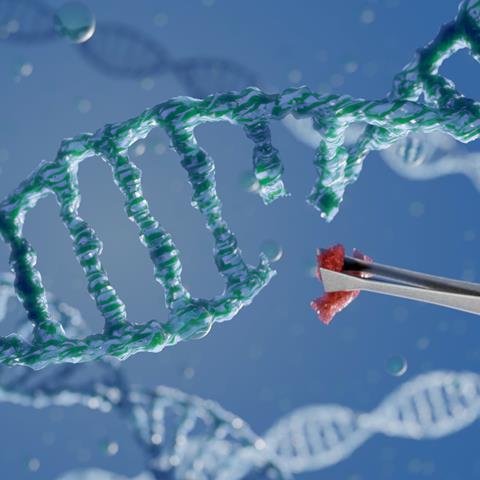
People with the gene which causes ‘hereditary angioedema’ (HAE) have episodes of severe swelling of tissues in the hands, feet, face and airway caused by sudden fluid accumulation under their skin. Attacks are painful, disfiguring and disabling, and can negatively impact a person’s quality of life.
The condition is caused by a mutation in the gene which encodes C1 inhibitor protein (a protease inhibitor) which prevents overproduction of bradykinin, a peptide that promotes inflammation by binding to and inactivating plasma kallikrein (a catalytic enzyme). In patients with HAE, this mutation causes increased generation of bradykinin which leads to the excess swelling.
NTLA-2002 is a new gene therapy which uses CRISPR-Cas9 technology to edit the KLKB1 gene which governs production of plasma prekallikrein. In editing this gene, the therapy reduces total serum levels of plasma kallikrein which in turn prevents angioedema attacks.
Developed by Intellia Therapeutics, the therapy is administered as a single dose injection and uses lipid nanoparticles to deliver Cas9 mRNA into the liver.
In a phase one clinical trial for HAE, ten patients were administered NTLA-2002 and all experienced a 95% reduction in angioedema symptoms in the first six months following treatment.
In follow-up, all but one have had no further episodes for at least a year, while one trial participant (who received the lowest dose of the treatment) experienced a mild attack.
“[The results] demonstrate the potential to permanently cure HAE with a single treatment. Of course, larger clinical trials, encompassing the different types of HAE in different populations, are now needed,” said Dr Paul Morgan, Professor of Immunology and Director of Systems Immunity University Research Institute, Cardiff University.
Larger trials for NTLA-2002 have been scheduled, according to a BBC report.
Further reading
Intellia Therapeutics Announces Publication of Positive Interim Phase 1 Data for NTLA-2002 in Patients with Hereditary Angioedema in the New England Journal of Medicine.
MHRA approves CRISPR treatment for sickle-cell and β-thalassemia.


